To provide the best experiences, we use technologies like cookies to store and/or access device information. Consenting to these technologies will allow us to process data such as browsing behaviour or unique IDs on this site. Not consenting or withdrawing consent, may adversely affect certain features and functions.
The technical storage or access is strictly necessary for the legitimate purpose of enabling the use of a specific service explicitly requested by the subscriber or user, or for the sole purpose of carrying out the transmission of a communication over an electronic communications network.
The technical storage or access is necessary for the legitimate purpose of storing preferences that are not requested by the subscriber or user.
The technical storage or access that is used exclusively for statistical purposes.
The technical storage or access that is used exclusively for anonymous statistical purposes. Without a subpoena, voluntary compliance on the part of your Internet Service Provider, or additional records from a third party, information stored or retrieved for this purpose alone cannot usually be used to identify you.
The technical storage or access is required to create user profiles to send advertising, or to track the user on a website or across several websites for similar marketing purposes.
 Let’s face it: there can’t have been many workplaces left untouched by the coronavirus pandemic. On the busy trading floors at the major stock exchanges and investment companies – and the big financial districts as a whole – life has changed considerably. (more…)
Let’s face it: there can’t have been many workplaces left untouched by the coronavirus pandemic. On the busy trading floors at the major stock exchanges and investment companies – and the big financial districts as a whole – life has changed considerably. (more…)











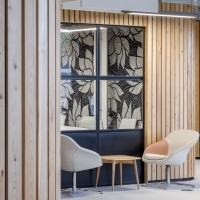

 More than half of UK workers – 53 percent – plan to make a change to their career in the next 12 months as a direct result of the Coronavirus pandemic according to a new study from
More than half of UK workers – 53 percent – plan to make a change to their career in the next 12 months as a direct result of the Coronavirus pandemic according to a new study from 
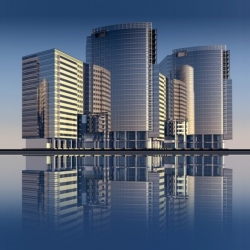 For middle-market and small businesses, the COVID-19 pandemic is highlighting the vital importance of investing in new technology, facilitating remote work, and maintaining the tech-savvy workforce needed to make it all happen, according to a survey conducted by The Harris Poll for
For middle-market and small businesses, the COVID-19 pandemic is highlighting the vital importance of investing in new technology, facilitating remote work, and maintaining the tech-savvy workforce needed to make it all happen, according to a survey conducted by The Harris Poll for 


 New research by the
New research by the 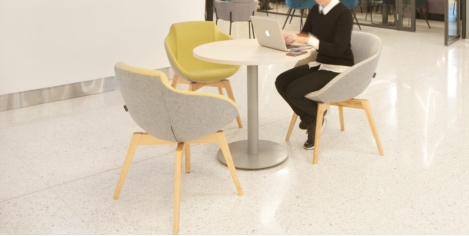
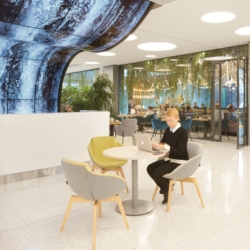
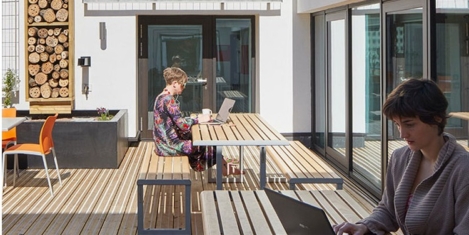
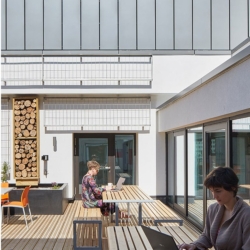

 The UK Green Building Council (
The UK Green Building Council (








September 21, 2020
Time to get on board with the psychological effects of working from home
by Jörg Bakschas • Comment, Flexible working, Wellbeing